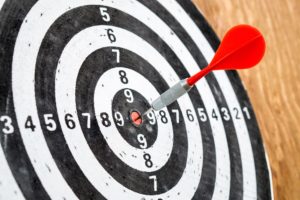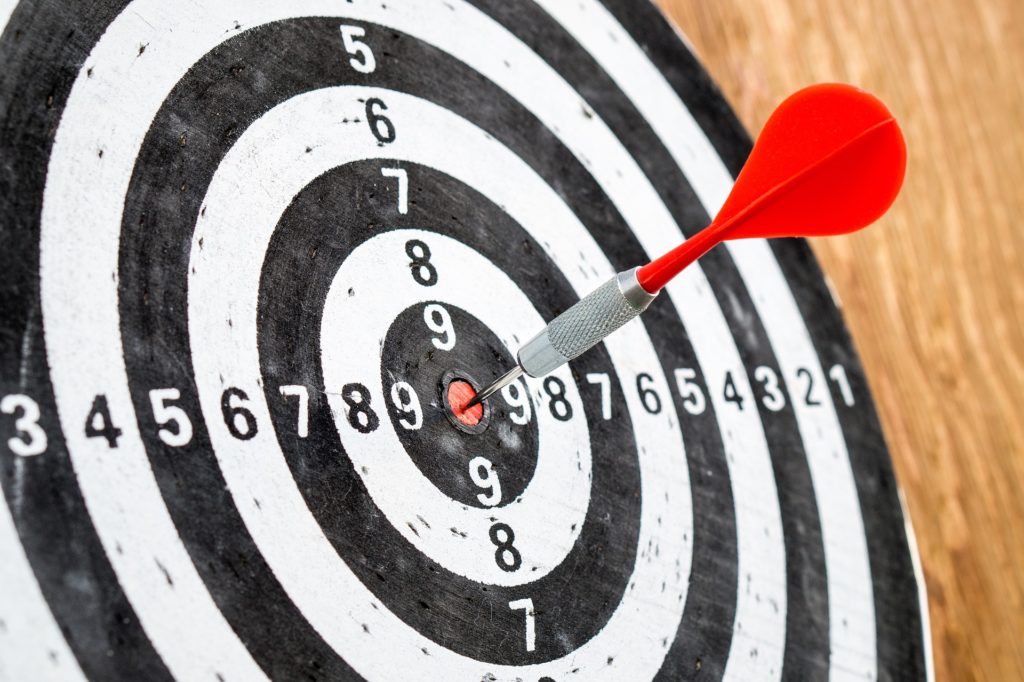What Is Organizational Effectiveness?
 My definition of organizational effectiveness? Great results with optimal resources over the long haul.
My definition of organizational effectiveness? Great results with optimal resources over the long haul.
There are three components in my definition. Change one of them, and you’re not successful in my book. You can get great results in the short term, and you can even get those results with the wrong number or quality of resources. Great outcomes with optimal resources in the short term is wonderful, but I certainly hope you aren’t looking to be a flash in the pan.
Let’s go a bit deeper. …
Good organizations achieve great results when compared with their peers. In a public company, this is probably measured by the return on invested capital being higher than others in their sector. Private companies have the luxury of their owners defining success in whichever way (legally!) they want. Whether public or private, I’d hope those results consider other stakeholders (e.g., employees, customers and communities). At the end of the day, customers, employees and ownership all need to be satisfied!
A smooth-looking operation that isn’t results-oriented is doomed. More fluff than stuff only works temporarily. How are you doing compared with others in your market or industry?
Second, organizational effectiveness means you achieve those results with optimal (not minimal!) resources. Stretching people, machines or capital to the breaking point is not a long-term good practice, and it will come back to bite you in the butt. All companies experience tough periods when things get stretched, but “deathbed lean” as a business model is dangerous. Likewise, too many people or too much capital to get your results is wasteful and inefficient.
In addition to a healthy return, do you have a healthy balance sheet, happy employees and a plan to keep risk at a rational level?
Lastly, is your organization set up for success over the long haul? The definition of “long haul” has changed, and disruption happens more quickly, but a brilliant quarter or even a brilliant year of results doesn’t make you a good leader, even if you get a large bonus.
Do you have the right “operating system” in your company to achieve sustainable success?
Organizational effectiveness is achieved by looking at the whole company; identifying and evaluating the key components; planning for the future; putting the right people, systems and processes in place; and monitoring and course correcting frequently. Oh, and it must support your strategy!
Who said leading was easy? It’s darn fun, though!

coaches CEOs to higher levels of success. He is a former CEO and has led teams as large as 7,000 people. Todd is the author of, Never Kick a Cow Chip On A Hot Day: Real Lessons for Real CEOs and Those Who Want To Be (Morgan James Publishing).
Connect with Todd on LinkedIn, Twitter, call 303-527-0417 or email [email protected].
